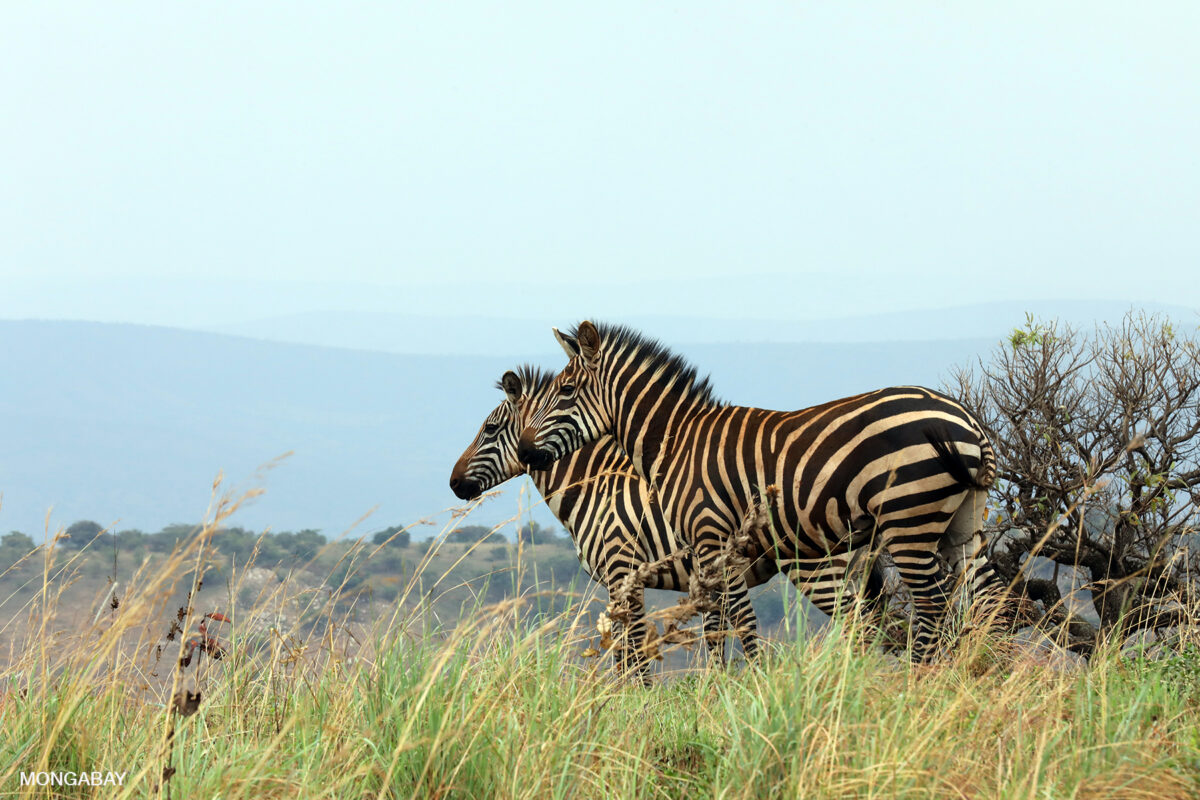This post is the second in a series on Mongabay’s recently published 2030 plan.
This post focuses on Mongabay’s editorial agenda.
One of Mongabay’s key strengths is our ability to report globally on nature conservation and biodiversity, presenting nuanced stories from a network of local journalists. As a newsroom, we often prioritize the science behind Earth systems, biomes, and species ranges to define the boundaries of our reporting interests ahead of political borders. This nature-centric approach has revealed the need to raise awareness of global issues in order to address alarming levels of environmental stress.
The intertwined influences of nature and society compel us to recognize the significance of the climate crisis, the health impacts of pollution, and unsustainable economic practices. Understanding these factors is essential in comprehending the planetary changes that contribute to biodiversity loss and extinction.
At Mongabay, we believe that journalism can inspire positive action, and we prioritize covering solutions to these problems that are grounded in scientific evidence and the experiences of those directly affected. It is crucial to expand the range of issues, themes, and approaches that Mongabay values in order to inform those who are actively working towards the benefit of the Earth and the sustainability of humanity.
To advance this editorial objective, Mongabay will design a global newsroom structure that involves increased decentralization of editorial decision-making and specialization of roles, allowing us to cover a wider range of topics, locations, and formats. This effort will involve:
- Giving priority to editorial coverage of themes that foster global thinking about environmental challenges while maintaining regional or national teams with local connections. By linking local coverage with regional or global issues, Mongabay aims to provide a comprehensive understanding of the planetary-scale crisis through thoughtful reporting.
- Enhancing cross-team collaboration, learning, and priority-setting by establishing editorial hubs that coordinate coverage.
- Strengthening our ability to generate actionable primary source information that is crucial for advancing accountability.
- Expanding solutions journalism that is rooted in credible evidence and explains how and why certain responses to problems are effective or not.
Some of the steps we plan to take include:
- Establishing a global environmental news desk that specializes in creating concise content to reach non-specialist audiences.
- Unifying visual storytelling across Mongabay’s newsroom, including the production of standalone multimedia content to engage new audiences.
- Collaborating with other outlets to enhance the relevance of Mongabay’s publications with audiences that improve the potential for impact.

